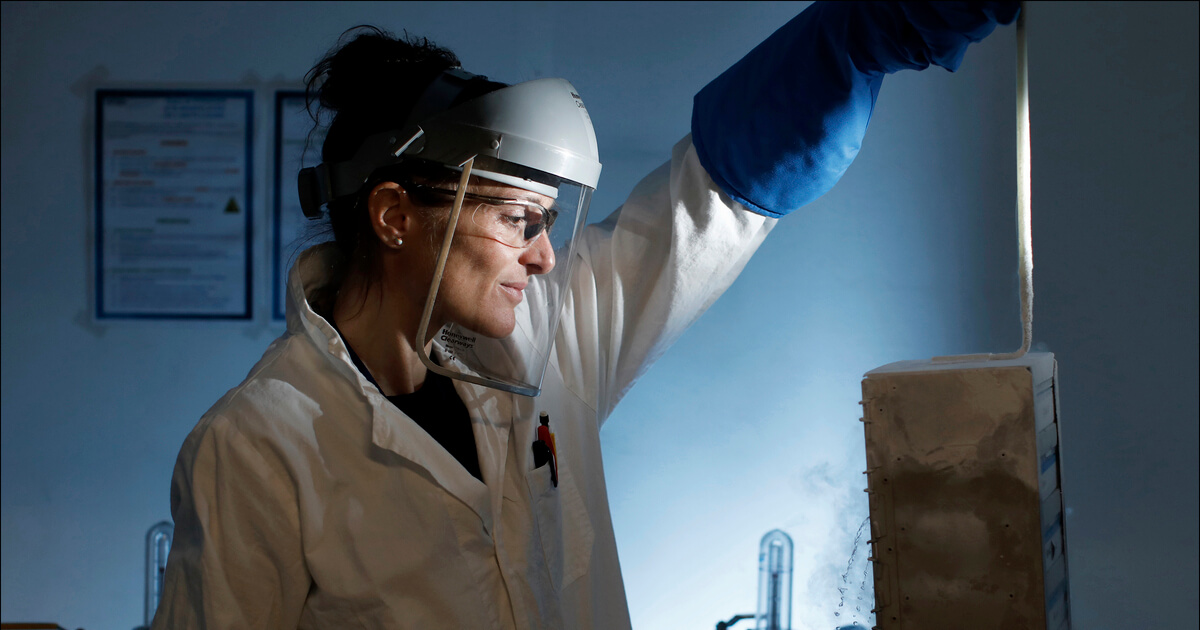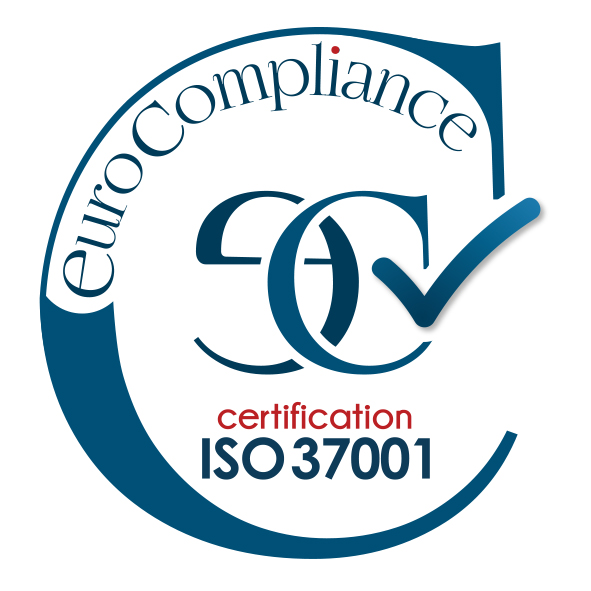How to transform the medical organization in specialty care to drive best-in-class patient value

By Steven Hildemann, MD, PhD, EVP, Chiel Medical Officer
Medical affairs play a central role at Ipsen, where our strategy is focused on working together to best serve patients and society in our three key areas – oncology, rare disease and neuroscience. In fact, the transfer of knowledge to and from any pharmaceutical company’s medical affairs organization is vital to enable the company to create meaningful solutions for patients living with highly specific needs and underserved diseases.
An essential cog in the pharmaceutical wheel of a mid-sized global player, Ipsen’s Medical Organization relies on medical expertise and a digitally empowered, proactive approach to make a measurable difference to patients’ lives and improve the experiences of healthcare professionals (HCPs).
By putting patients and data-driven insights at the heart of our mission, we took on the challenge of transforming the Medical Organization in the summer of 2020. Two years on, we are analyzing its initial outcomes in the journal of Pharmaceutical Medicines .
Making the right diagnosis
The Medical Organization has always been key to internal decision making at Ipsen. Yet to navigate the changing landscape and the explosion of knowledge in our industry, it had to go beyond this role and serve as a strategic driver of innovation and value along with other key functions such as R&D and Commercial. Throughout the transformation process, we have worked to harness collective intelligence from across the company and external stakeholders, putting collaboration at the heart of our solutions.
This, in a way, was our “diagnosis” for how to bring about the necessary transformation. It guided our strategy, helping us focus on improving patients’ lives throughout their journey.
Finding the right treatment
Imagine an oncologist with over a decade of practice experience is trying to establish the treatment for a patient with a solid tumor. Years ago, during his training, there would have been only a few options to choose from. Nowadays, there are targeted therapies, traditional chemotherapy, both ex-vivo and in-vivo gene therapies, and many combination therapies coming on the line. These add to a wealth of open clinical trials. Each option could potentially represent a more efficient choice for the patient. However, keeping abreast the depth and breadth of data available in oncology is unrealistic even for the top educated KOLs working in leading centers of excellence worldwide.
This is where Medical Affairs along with the Patient Safety and the Patient Affairs functions can play an essential role in driving best-in-class disease management. Fundamentally, the medical function sits at the meeting point between patients, physicians and data-driven insights. Its key mission is to constantly make sense of science and novel data and translate them into insights. Then, it works off these insights to provide product information and medical education to HCPs and transfer knowledge across the company and to external stakeholders to inform decision-making.
Therefore, our strategy for transforming Ipsen’s medical organization was to build a collaborative medical ecosystem that is powered by science, data and insights, and that drives knowledge transfer within and outside the company.
Driving positive outcomes
Two years into our transformation journey, I am proud to say we have already seen a number of positive outcomes. Our data-driven approach has proven effective in promoting individual development and collective knowledge. We have laid the foundation of a common data architecture and have begun to embed this data-driven knowledge in our strategic decisions. For instance, we are working with patient organizations like IKCC to encourage collaboration between physicians and patients in their treatment decisions, emphasizing the importance of considering quality of life with extended survival.
Additionally, we are implementing an ambitious study portfolio at a new level of scientific and medical impact with a view to delivering patient value. As we continue the transformational journey, intelligent resource distribution, collaboration and continuous leadership development will govern our medical strategy for the future.
We remain committed to innovating and implementing bold strategies to measurably improve health outcomes under our CEO David Loew’s strong leadership and together with our executive leadership team, and with medical and cross-functional colleagues at global and local level.
The medical transformation has become the reality of how we work on a regular basis. More on this in an article from the journal of Pharmaceutical Medicine.










